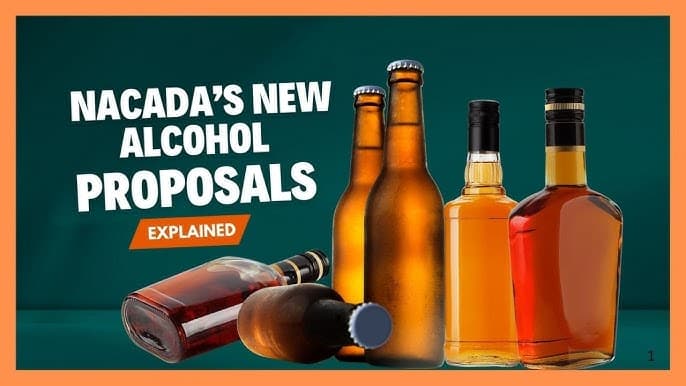We're loading the full news article for you. This includes the article content, images, author information, and related articles.
Proposals move to restrict easy access points for alcohol.

Nairobi, Kenya – July 30, 2025 — The National Authority for the Campaign Against Alcohol and Drug Abuse (NACADA), as part of Kenya’s newly approved National Policy on the Prevention of Alcohol, Drugs and Substance Use (2025), has proposed sweeping restrictions that will ban alcohol sales in ten categories of venues, as part of efforts to reduce harmful consumption and curb easy access to alcoholic drinks. The policy was approved by Cabinet in June and awaits parliamentary adoption .
NACADA’s policy outlines the following places as off‑limits for alcohol retail:
Supermarkets
Restaurants
Online platforms and home delivery/couriers
Vending machines
Petrol stations
Public venues — including beaches, parks, amusement and recreational facilities, sports and medical centres, bus parks, bus stops, railway stations, ferry terminals, and highways
Residential premises and residential areas
Outlets that sell children-associated products (e.g., toy shops)
Basic, tertiary, and higher-learning institutions
Hawking (street vending)
Legal age raised from 18 to 21 years, and individuals under 21 will not be permitted to enter any alcohol-selling premises, even when accompanied by adults .
Price promotions, including discounts, volume deals, free samples, or influencer-driven campaigns, are also banned—including endorsements by celebrities, social media figures, and sports personalities .
Licensing restrictions will bar new outlets within 300 metres of schools, religious sites, government facilities, and residential neighbourhoods, with caps set based on area population density.
Packaging standards tightened to ban sale of bottles or sachets smaller than 250 ml, with mandatory clear health warnings and ingredient listings .
NACADA justifies these bold changes by pointing to data showing high rates of alcohol initiation among youth, including a recent survey where 87% of over 15,000 university students reported drinking . The aim is to reduce normalization of alcohol, especially among minors, and rein in digital marketing and retail expansion that blurs traditional age and location-based controls.
Hospitality and retail sectors are expected to strongly oppose the bans on restaurant and supermarket sales. Restaurants historically rely on alcohol margins for profitability.
Online delivery platforms and urban consumers accustomed to convenient purchasing will need to adapt rapidly—or seek licensed bars and retail shops.
Enforcement complexity looms large: regulating hundreds of retail categories across informal street hawkers, petrol stations, and public areas will demand coordination across multiple agencies .
The policy is not yet law. It still needs parliamentary debate and enactment via a legal framework before becoming enforceable. Meanwhile, clear enforcement guidelines, public awareness campaigns, and licensing reforms must be finalized—and business communities are expected to lobby for amendments.
|
Venue Type |
Ban Status |
|---|---|
|
Supermarkets |
Yes |
|
Restaurants |
Yes |
|
Online platforms, home delivery, couriers |
Yes |
|
Vending machines |
Yes |
|
Petrol stations |
Yes |
|
Public venues (parks, beaches, transport hubs) |
Yes |
|
Residential areas |
Yes |
|
Outlets associated with children (e.g. toy shops) |
Yes |
|
Educational institutions |
Yes |
|
Hawking (street vending) |
Yes |
Keep the conversation in one place—threads here stay linked to the story and in the forums.
Sign in to start a discussion
Start a conversation about this story and keep it linked here.
Other hot threads
E-sports and Gaming Community in Kenya
Active 9 months ago
The Role of Technology in Modern Agriculture (AgriTech)
Active 9 months ago
Popular Recreational Activities Across Counties
Active 9 months ago
Investing in Youth Sports Development Programs
Active 9 months ago